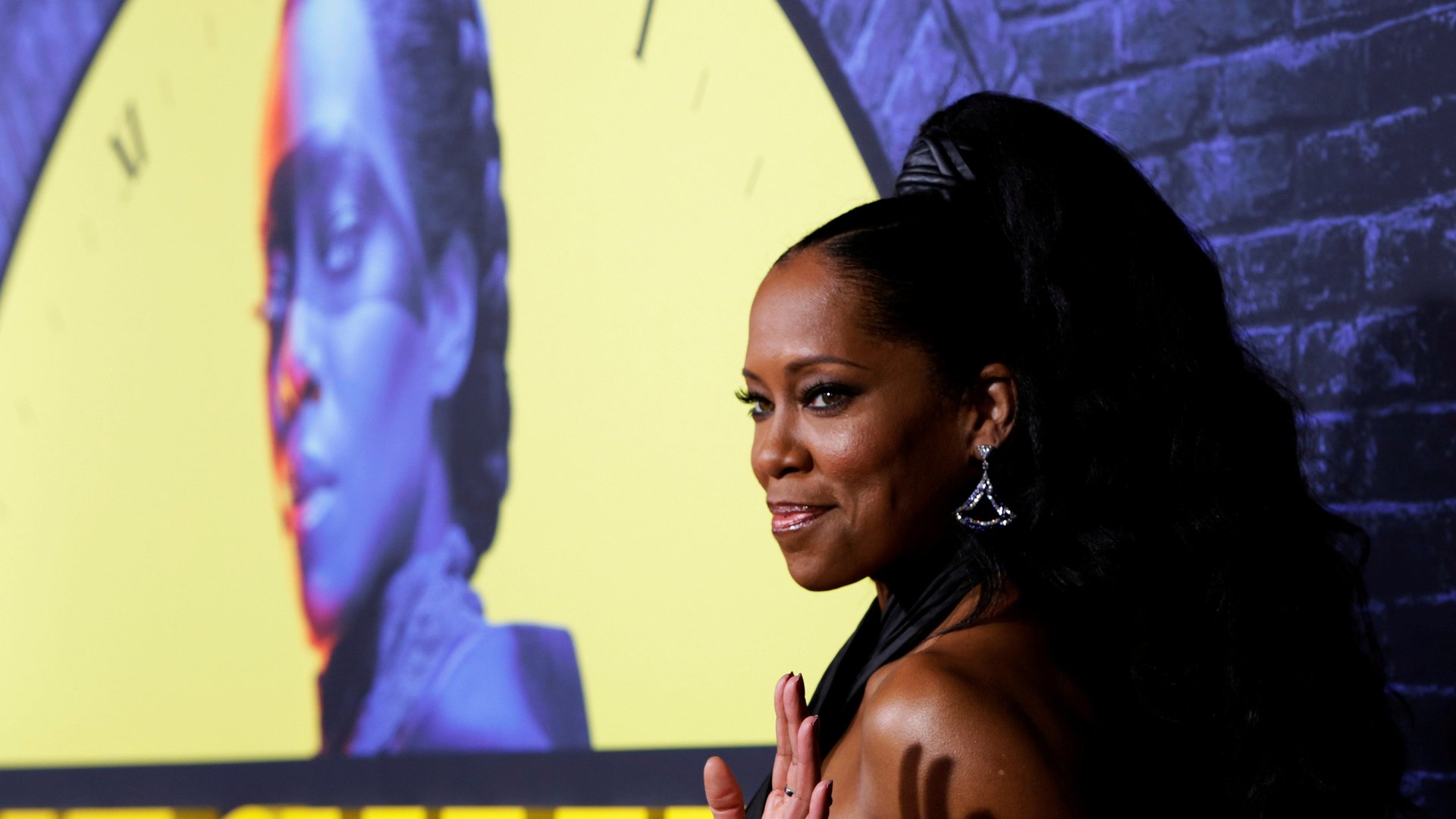Reports of HBO’s death were greatly exaggerated
HBO’s obituary may have been premature.


HBO’s obituary may have been premature.
In the first Emmys ceremony since HBO’s crown jewel, Game of Thrones, went off the air—and the first since its new corporate parent, AT&T, began making sweeping changes—many wondered if the prestige cable network might lose its stranglehold on the annual awards show. But HBO still dominated. Thanks to shows like Watchmen (winner of 11 awards, including best limited series) and Succession (best drama series winner), it won 30 awards in total—more than any other network or streaming service, including Netflix, which placed second with 21 wins.
“There were a lot of questions of, ‘Oh my God, what is HBO going to do?!'” HBO programming president Casey Bloys told the Hollywood Reporter. “I’ve been at HBO for 16 years now and I feel like every year it’s, ‘What is HBO going to do?!’ So this is a really nice way to answer that question.”
Netflix’s unprecedented volume allowed it to overtake HBO in nominations by a big margin (160 to 107). As Netflix expands globally and spends more on content than any other TV distributor, it is likely to continue to be the most-nominated platform for years to come. And, yet, that may not be enough to consistently surpass HBO in actual wins, because of the older network’s unique cultural staying power.
Even with increased competition from the likes of Disney, Apple, and Amazon, HBO’s old-school TV brand possesses value. The average HBO show still earns better marks from critics than that of its competitors. HBO maintains strong relationships with many of Hollywood’s top producers and actors, who trust the network to shepherd their projects through the development process and help them generate buzz.
“Buzz” can’t be quantified, but Emmys can, and there are financial incentives to winning them. Netflix co-CEO Reed Hastings admitted to investors this year there is a “business benefit” to winning awards. When a network wins Emmys, it helps them close deals with the most sought-after writers, producers, and actors. The content that comes as a result of those deals, in turn, attracts more subscribers.
Emmys are probably even more important for HBO than they are for Netflix, because HBO has staked its entire reputation on prestige. Since The Sopranos, it has become known as the go-to destination for talent who want to be treated like royalty. The network offers its talent a bespoke experience, promising to give creators as much (or as little) attention as they need.
That ethos extends to the viewer, who expects an experience curated for them by Hollywood’s best. No stamp of approval carries more weight than a show getting to air on HBO. That was true long before Game of Thrones and has remained so after it. The network is not without its share of duds, like the short-lived music drama Vinyl, but they occur far less frequently than at many of its counterparts in streaming.
That doesn’t mean HBO faces no real challenges about its future. Under AT&T, WarnerMedia is making a strategic shift toward streaming, mandating HBO produce more shows than it’s used to in order to help populate the HBO Max service with content. In the short term, it should still be able to keep producing Emmy-winning shows.
Long-term, however, HBO is in an awkward spot. Its brand is being used to market the new streaming service, which is filled with shows and movies you’d never find anywhere near the prestigious network. It will be difficult for HBO to keep its reputation as the industry standard as its content increasingly blends in with the rest of WarnerMedia’s slate on HBO Max. The network has withstood tectonic shifts before, but this one threatens its most precious asset: its Emmy-winning brand.